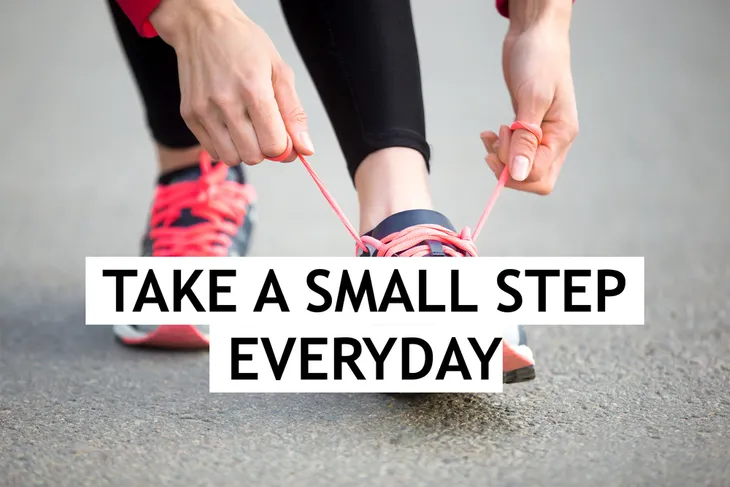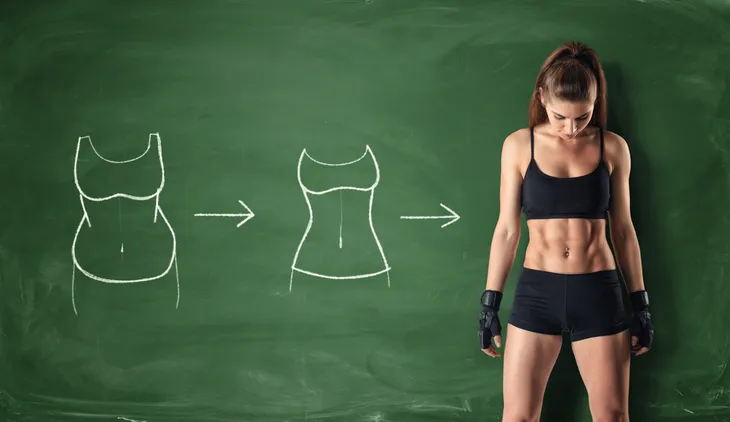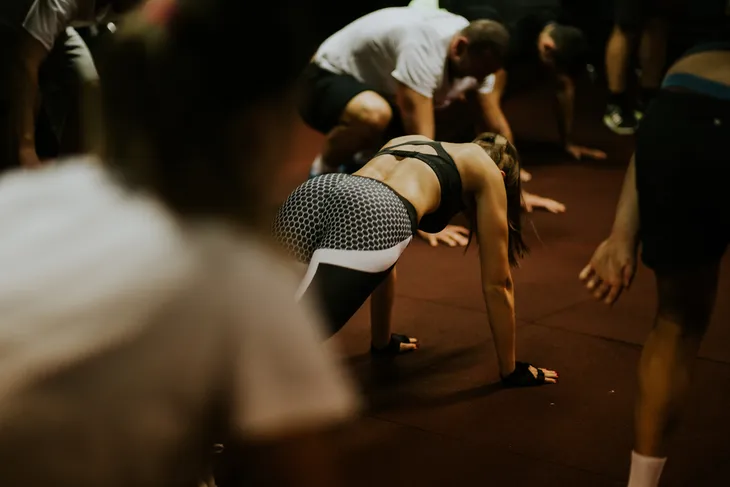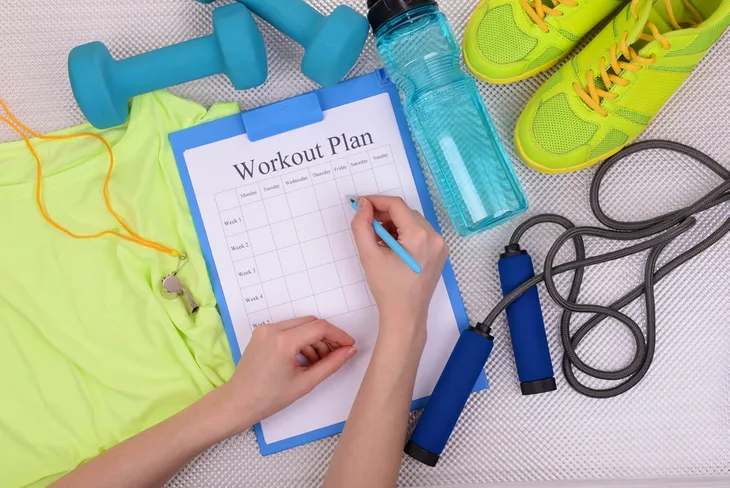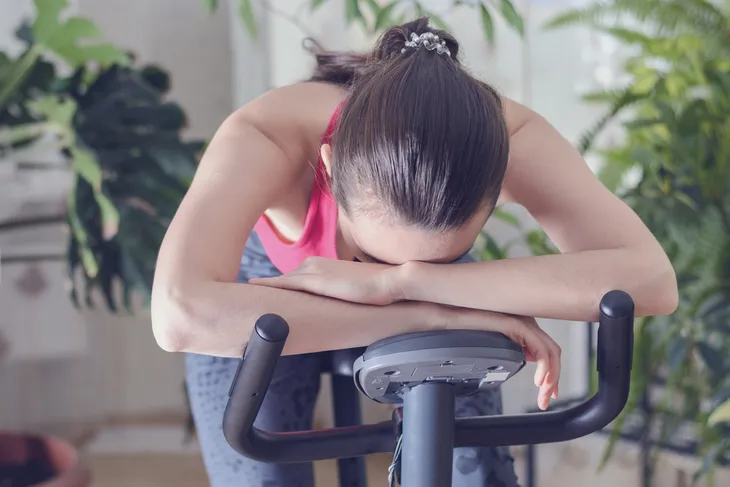It’s frustrating when you put in the daily or weekly effort to exercise, without seeing any success—as far as weight loss, energy gain, muscle toning, and motivation.
The following eight factors can easily get in the way of progress when it comes to working out and seeing the results you desire…
You’re Just Not Motivated
Sure, when you start to workout you may have to give yourself that extra push to commit to running, yoga, or a box fit class weekly. However, that feeling should only last a few weeks. If you don’t pick a style of workout that appeals to you, there’s no way you’re going to stick with it over the long term.
So if you’re new to exercise, pick a form that you enjoy doing, eventually the feeling it gives you will have you racing to lace up your shoes or grab your bike or yoga mat.
You Suffer Injury After Injury
Dealing with recurring injuries is a common sign that your workouts are just too intense. Enlist the help of a personal trainer if you’re new to the gym to learn proper form. This way you won’t hurt yourself and stall your workout before really even starting it. If you do incur an injury, a Physiotherapist can also help find the root cause and prevent you from repeat injuries in the future.
You’re Not Seeing Results
An absence of results is probably the most common sign that the workout you’re doing isn’t working for you. This is a good sign that it’s time to switch things up by asking the help and knowledge of a professional (i.e., a personal trainer) or a friend who’s had success with their own workouts.
Your Workouts Are Not Strenuous Enough
If you’re barely breaking a sweat on that elliptical machine, you’re not bound to see any results. If you’re goal is fat loss or improved cardiovascular health, you may have to pump up the intensity (i.e., by adding resistance) and/or the length of exercise duration to feel exertion (i.e., muscle burn not pain, perspiration, exerted breathing, and increased heart rate) to start witnessing the results you desire.
You’re In Pain
There is a big difference between exertion (i.e., perspiration, labored breathing, accelerated heart rate, and muscle burn) and pain. If you feel the latter, you’re likely overdoing it (either your workout is too strenuous, too frequent, or both). This is why a combination of cardiovascular (i.e., running), strength training (i.e., weight lifting), and flexibility (i.e., yoga) exercise can keep you motivated and safe from injury.
You’re Exhausted
Even though you may be exhausted for the first few weeks of a new exercise plan—this feeling should subside and be replaced by more energy once you get the hang of your new workout routine. However, if you’re constantly exhausted, you may be exercising too much, too intensely, or not varying your workout enough.
Prevent over-training by keeping a close eye on your heart rate; mixing up your workouts with a balance of strength training, cardio, and flexibility training; and by always permitting adequate recovery time between workouts (24 to 48 hours).
You Don’t Have a Plan
Do you follow a workout plan at the gym or just wing it? If you just jump from open machine to open machine at the gym, you won’t see the results you want. Instead, map out a workout plan to create a full body workout (that targets all muscle groups). This way you won’t overwork a certain muscle and completely ignore others.
If you’re not sure how to do this, do a few sessions with a personal trainer to map out a safe and effective workout routine.
You’re Overtraining
If your performance is suffering, you’re constantly fatigued, or repeatedly injured you’re likely overtraining. Pushing your body too strenuously—either in exercise duration, intensity, or both—leaves no time for rest and recovery, and makes you prone to exercise burnout and injury.

